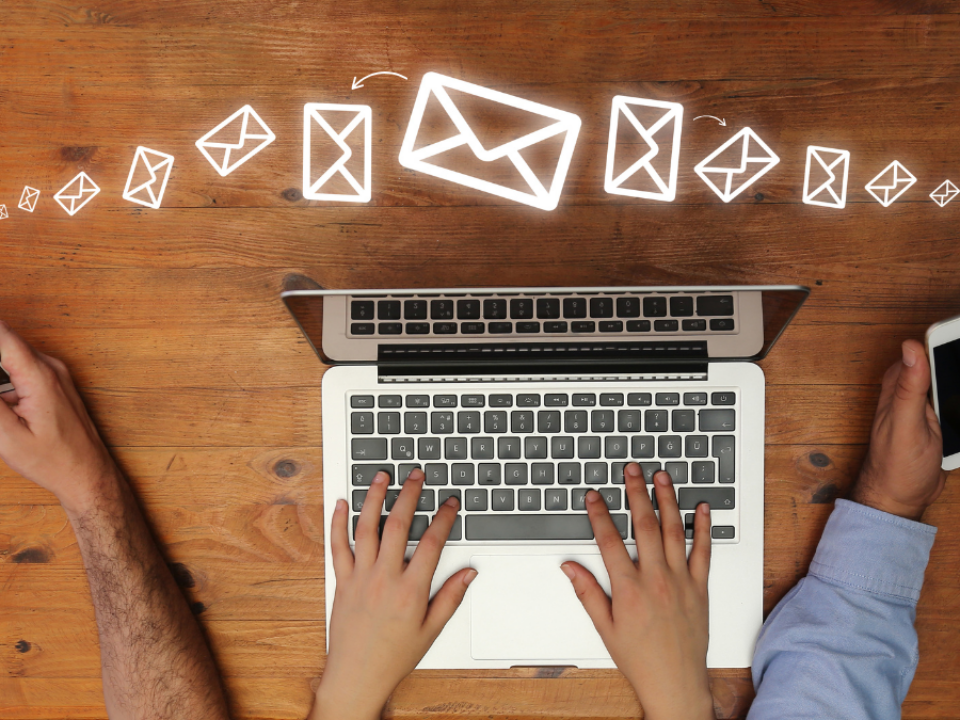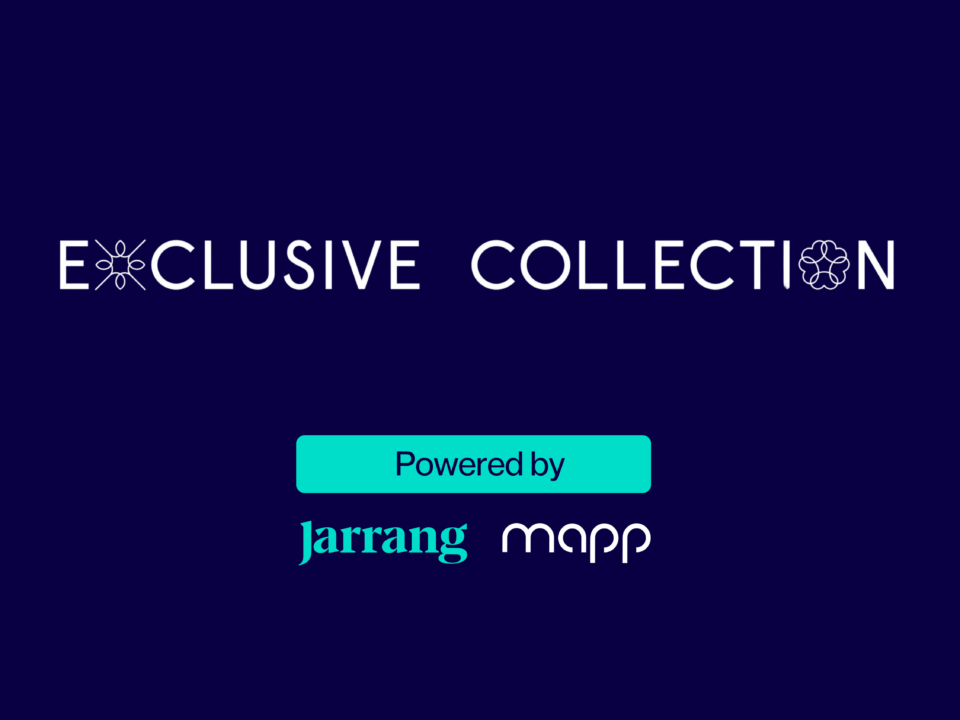Welcome campaigns are easily one of the most popular email communications for marketers.
And since they boast 4x the open rate and 5x the click-through rate of a standard email marketing campaign, it’s easy to see why.
But despite impressive results, innovations in email marketing, and competitive retail landscapes, we’ve noticed many welcome campaigns can be a little lacklustre.
If you’re guilty of sending campaigns that fail to roll out the red carpet, then we’re here to help.
6 tips to create a high-performing welcome campaign
Tailor to their lifecycle stage
What is a welcome campaign?
To start, let’s make sure we’re all on the same page regarding what a welcome campaign is.
A welcome campaign can consist of a series of emails, or just one singular email. All with the goal of creating a warm welcome for the recipient, nurturing this new relationship, and turning them into a long term, loyal customer.
The amount of emails in your welcome campaign is dependent on how much information you want to share. Information such as popular products, contact details, social channels, and even a little company history can all be helpful in a welcome campaign, so you may choose to spread this information out over a series. Or, perhaps, short and sharp communications perform best with your audience, in which case one succinct email may suffice.
Whatever you choose, the key is to trigger your welcome campaign as soon as the relevant action is taken. Whether that be signing up to a newsletter, making a purchase, or registering for product updates.
6 tips to create a high-performing welcome campaign
Now we’ve covered the basics, let’s dive into how you can create a welcome campaign that can’t fail to engage with your new recipients.
1. Tailor to their lifecycle stage
It’s a given that welcome emails should be sent within the first 24 hours of a recipient taking an action.
However, there are multiple ways that a recipient can begin engaging with your marketing emails. Perhaps they signed up to your newsletter, or made their first purchase with you. Whatever the reason, the newsletter should be tailored to this action and to their specific point in their customer lifecycle.
This is important because different stages in the buying cycle require different types of information.
If a recipient has made a purchase from you, chances are they are already familiar with your brand, offering, and purchase cycle. These recipients may benefit from other popular or related products over basic brand information.
However, if the recipient has signed up to your newsletter, they’re likely at an earlier stage in their lifecycle, and require more nurturing. These recipients will benefit from social channels, a little history, and customer reviews to warm them to your brand.


2. Add personalisation
Many brands settle for one-size-fits-all welcome campaigns. But we think you can do a little
better.
When a recipient makes a first interaction with a brand, they are in a highly engaged state. This is the perfect time to demonstrate some of your most innovative email tactics, and ensure communications are as personalised as possible.
You can begin with some simple personalisation, such as first name or (as previously mentioned) stage within their customer lifecycle.
But with the use of dynamic content, you can utilise data that you hold on your recipient, and automatically populate emails with personalised banners, images, copy, and products that are relevant to the individual.
This could include brick-and mortar stores close to their location, products related to their browsing history, or simply a bold banner emblazoned with their name.

3. Be helpful
It can be tempting to focus on product promotion in any email communication. However, when nurturing a relationship with recipients, they will want more from you than just the hard sell.
A welcome campaign is the perfect opportunity to show that you are a helpful brand that cares about its customers, and not just trying to make a quick sale.
Content is key to being a helpful brand, so share any of your useful resources to build trust with your recipient, and help them make informed decisions.
Useful content could be as simple as reviews and ratings. Or more detailed, such as video tutorials and gift guides.


4. Build connection
Consumers, particularly Gen Z, are craving more connection with the brands they shop with. Which is perhaps unsurprising after years of isolating lockdowns and the closing of many brick- and-mortar stores.
A welcome campaign can be the perfect way to begin building this connection, and help consumers feel part of the brand family.
Building a sense of connection and community doesn’t have to be complicated, in fact, you may already have the basics. You can promote your other social channels in your welcome email, showcase your positive customer reviews, or display photos of happy customers with your products.

5. Incentivise a purchase
An essential part of nurturing a positive relationship is encouraging recipients of your welcome campaign to make a purchase.
You can offer them as much useful information as possible, but some consumers may need a little nudge in the form of an incentive.
Incentives are the perfect way to drive engaged recipients from your welcome campaign to your website, and can come in many forms.
You could incorporate a discount code, a freebie, or free shipping for those making their first purchase. Additionally, you can ensure that these codes are time-sensitive and personalised to the individual with the use of dynamic vouchers. This reinforces a sense of urgency to make a purchase, whilst also ensuring the incentive cannot be shared.


6. Get help from the experts
If you’re struggling to find the time, resource, or even inspiration to make the most of your welcome campaigns, then it might be time to speak to an email marketing agency.
An agency can offer a fresh perspective on your email marketing, providing the latest innovations, design capabilities, and technology to ensure that you don’t waste the opportunity that welcome campaigns bring.
If you think you could benefit from an email marketing agency, then get in touch. We’d love to hear what you’re up to, and discuss how we can help.
Subscribe to our insights newsletter
Be the first to know what's trending in email and CRM.
Share this story
Related insights

Article 5 min read


